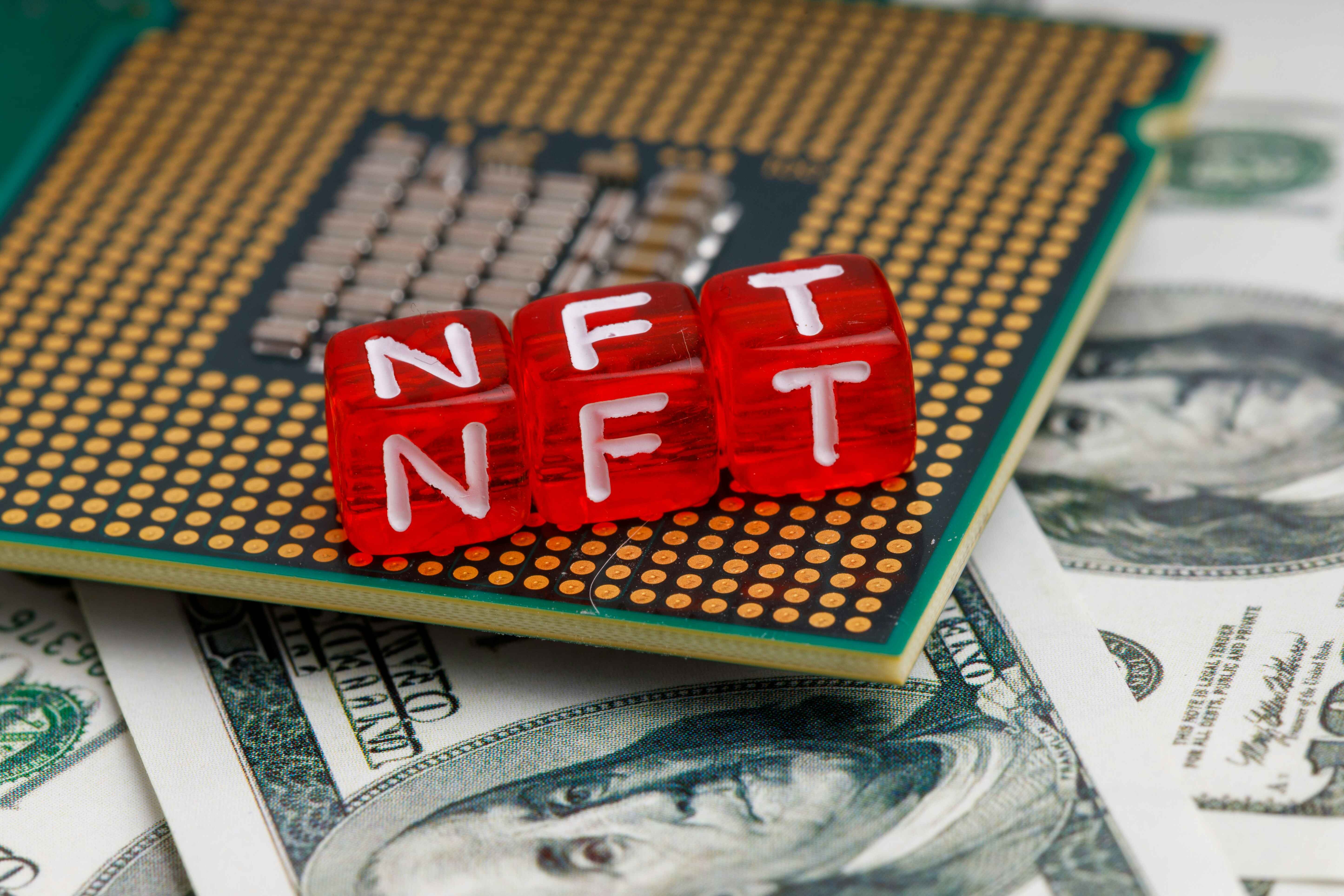Introduction
Decentralized Autonomous Organizations (DAOs) are reshaping how communities organize, coordinate, and allocate resources on-chain. While many DAOs began by issuing fungible governance tokens to establish voting power and ownership, NFTs have increasingly become a new tool for identity, membership, fundraising, and cultural cohesion. NFT minting is no longer just about art — it is a governance and financing mechanism that allows DAOs to raise capital, recognize contributors, and strengthen community alignment.
As DAOs expand into new sectors such as art collectives, gaming guilds, protocol governance groups, and real-world social movements, NFTs are emerging as flexible instruments that support both participation and financial sustainability.
Why NFTs Are Useful for DAO Governance
Unlike fungible governance tokens, which represent votes and liquidity, NFTs can represent unique identity, reputation, or role within a community. This allows DAOs to organize governance around who participates rather than just how much they hold.
NFTs enable:
- a. Membership Verification — Holding a specific NFT can grant access to DAO channels, proposals, or voting.
- b. Role and Contribution Recognition — NFTs can symbolize achievements, responsibilities, or service in the DAO.
- c. Non-transferable Reputation Systems — “Soulbound” or locked NFTs prevent governance from being influenced by token buying power alone.
This shifts DAO governance toward participation-based legitimacy rather than capital dominance.
NFT Minting as a Funding Mechanism
DAOs increasingly use NFT minting to support treasury growth and fund initiatives. Instead of relying solely on token sales or liquidity mining, NFT-based fundraising can create sustainable and community-aligned capital flows.
Examples of how DAOs use NFT financing:
- a. Selling membership NFTs to bootstrap initial treasury resources.
- b. Auctioning unique art or cultural items tied to the DAO’s mission.
- c. Offering mint passes that grant early access to future projects or governance proposals.
- d. Funding bounties and grants through royalty streams generated from secondary market sales.
Because NFTs can encode royalty logic at the contract level, the DAO treasury can continue earning revenue long after the original mint — something traditional token sales cannot provide.
Strengthening Community and Identity
NFTs give DAO members a shared cultural touchpoint. A profile picture NFT, commemorative badge, or event token fosters emotional connection and belonging — something that can be more powerful than a purely financial asset.
This shared identity supports:
- a. Community cohesion during decision-making.
- b. Long-term commitment beyond short-term speculation.
- c. Organic brand growth as members display affiliation on social profiles.
In a decentralized environment where participants may never meet physically, shared symbolism and narrative are essential for durable coordination.
Real Examples of NFT-Enabled DAO Models
- a. Nouns DAO funds public goods through daily NFT auctions, with proceeds flowing directly into its treasury.
- b. Vitalik Buterin’s Soulbound Token concept has inspired DAOs to experiment with non-transferable reputation badges.
- c. PartyDAO and collector collectives use fractionalized NFTs to enable shared ownership of cultural assets.
These models show how NFTs serve not only as artwork but as economic units, governance credentials, and social signals.
Challenges and Considerations
Despite their utility, NFT governance systems are not without constraints:
- a. Speculation Risk — If NFT value becomes market-driven rather than community-driven, governance influence may distort.
- b. Accessibility — Even community NFTs can become expensive, limiting participation.
- c. Legal Ambiguity — Selling NFTs to fund DAOs raises questions around securities classification and regulatory compliance.
DAO transparency, clear treasury policies, and strong governance frameworks are essential to mitigate these risks.
Conclusion
NFT minting has become a strategic tool for DAOs — enabling them to raise funds, define membership, reward contributors, and cultivate shared identity. Unlike fungible governance tokens, NFTs give DAOs more expressive ways to represent human participation and cultural alignment.
As DAOs continue to evolve, NFTs will play a central role in how communities form, coordinate resources, and sustain long-term growth.
Block3 Finance assists DAOs in designing governance structures, structuring NFT fundraising models, implementing reputation-based voting systems, and managing compliant treasury strategies to ensure long-term resilience and effective decentralization.
If you have any questions or require further assistance, our team at Block3 Finance can help you.
Please contact us by email at inquiry@block3finance.com or by phone at 1-877-804-1888 to schedule a FREE initial consultation appointment.
You may also visit our website (www.block3finance.com) to learn more about the range of crypto services we offer to startups, DAOs, and established businesses.
